Caretaker PM urges Qatar to help Lebanon avert 'total collapse' amid grave economic crisis
Lebanon’s caretaker Prime Minister Hassan Diab has called on Qatar to assist the cash-strapped Arab country to overcome its devastating economic crisis, as people are angry with the surging cost of living and what they view as the government’s mishandling of the country’s worst financial crisis in decades.
Diab met with Qatari Emir Sheikh Tamim bin Hamad Al Thani in Doha on Monday evening. He also attended an iftar banquet organized by Qatari Prime Minister Sheikh Khalid bin Khalifa bin Abdul Aziz Al Thani.
He earlier held talks with several prominent Qatari ministers and officials.
“Lebanon has reached the brink of total collapse, as a result of decades of corruption and policies that have encouraged a rentier economy at the expense of a productive economy,” Diab told local media.
He added, “We knock on (Qatar's) door just as we will knock on the doors of other sister Arab countries and wait for it to open its doors for us, as did sister Qatar.”
“Lebanon is in grave danger and it can no longer wait without a safety rope,” Diab pointed out.
“We expect you to be on the side of this country – Lebanon hopes that you will be a safety net to protect your Lebanese brothers,” the caretaker prime minister said.
Diab did not give any details of what aid had been requested or what would be forthcoming from Doha.
“These details are owned by (Qatar's) Emir and prime minister, but I think that there are positives that will be announced,” he said.
Back in February, Qatar indicated that it was ready to help kick-start Lebanon's failing economy, but only if its deeply divided political class agreed on a new government.
Lebanon is still waiting for a new government to be formed nine months after Diab's cabinet resigned in the wake of a massive explosion at Beirut port on August 4 last year, which ravaged the heart of residential areas and the city’s vibrant commercial district.
More than 200 people were killed and over 6,000 others injured in the giant blast. Dozens of people are still unaccounted for.
Prime minister-designate Saad al-Hariri and President Michel Aoun have been at loggerheads for months over the makeup of a new cabinet.
The Lebanese pound has crashed steeply, losing one-third of its value. The plunge has driven up the price of crucial imports like food and fuel, and triggered small but angry protests.
More than half of Lebanon's population is reportedly poverty-stricken, and much of the six million population depends on subsidies to get by.
What's more, Lebanon is gripped by a surge in coronavirus infections and pressure on the health sector.
‘All wars have rules. All of those rules have been broken’ by Israel
VIDEO | Report flags India’s violation of rights of Rohingya detainees
Turkey's foreign minister meets Syria's de facto leader in Damascus
'Next to impossible' to rescue patients from Gaza's Kamal Adwan Hospital: Director
VIDEO | Vietnam current prosperity
Report blames gasoil exports for shortage at Iranian power plants
VIDEO | Hind Rajab Foundation names Israeli war criminals vacationing after Gaza genocide
VIDEO | Australians rally for Gaza ahead of Christmas festivities


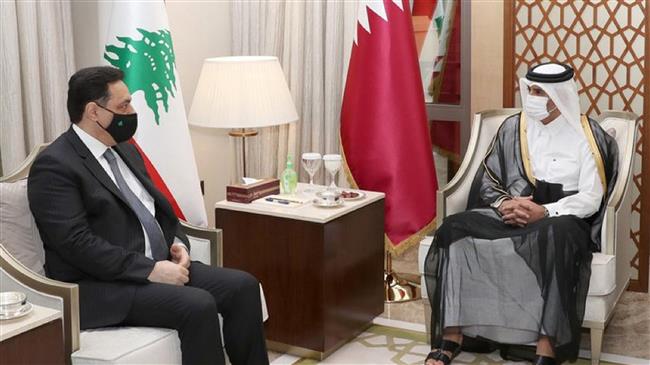





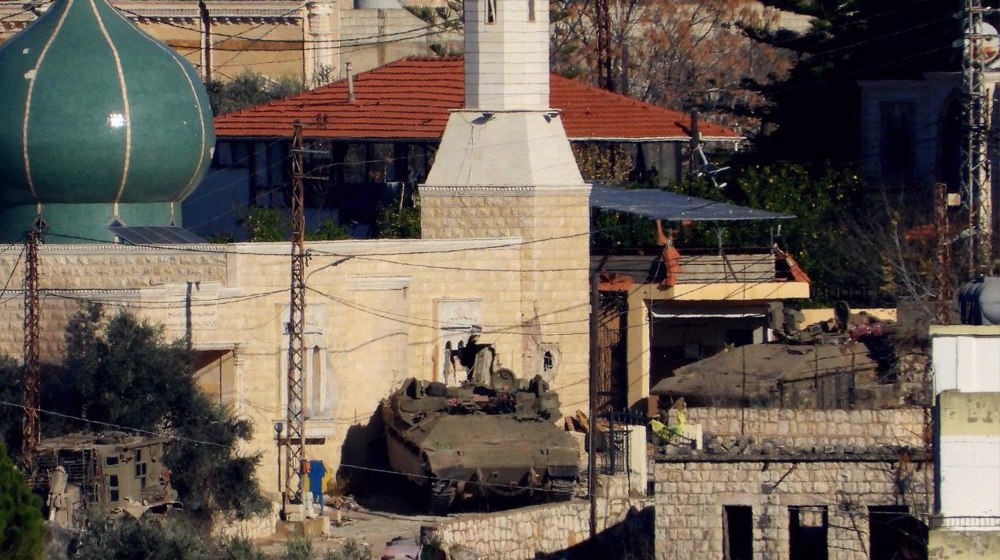



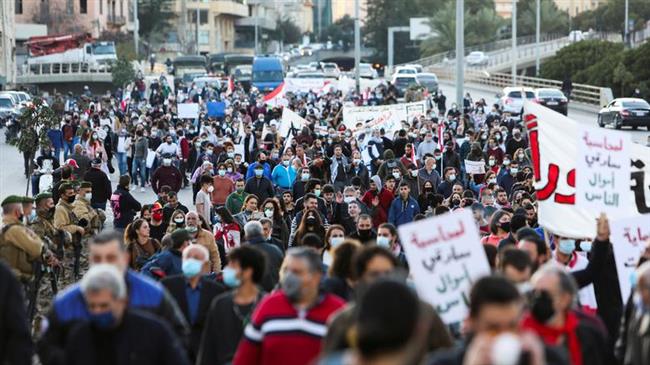
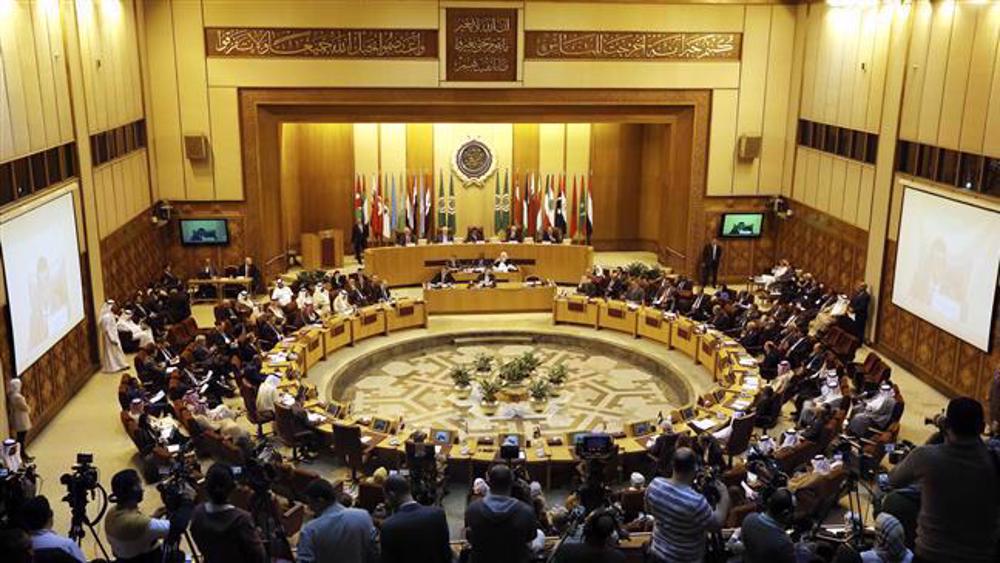
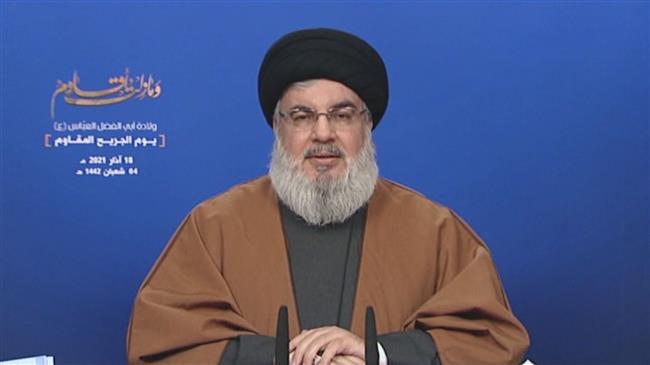
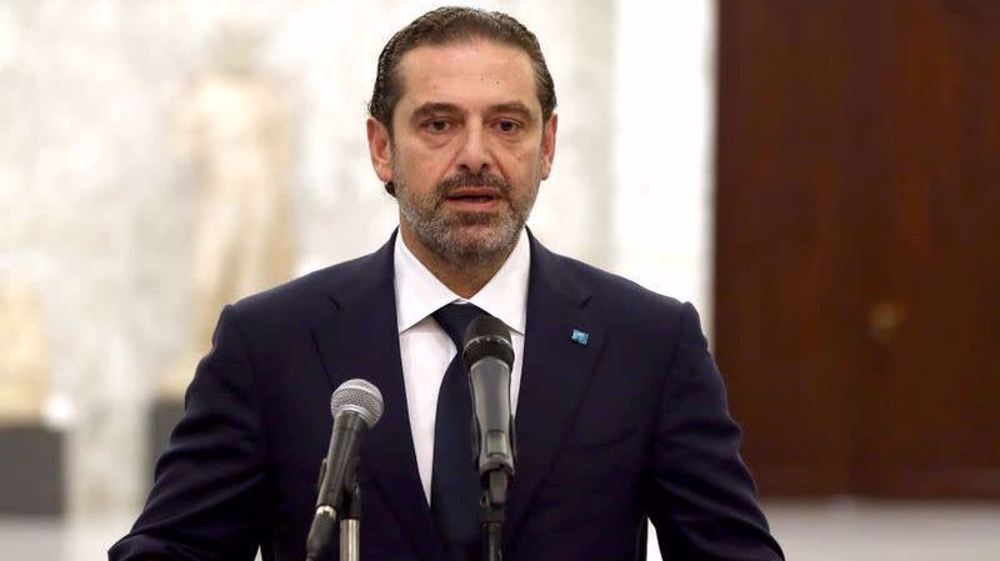
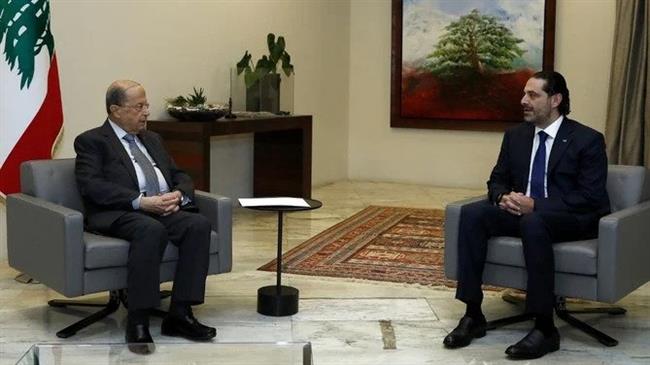
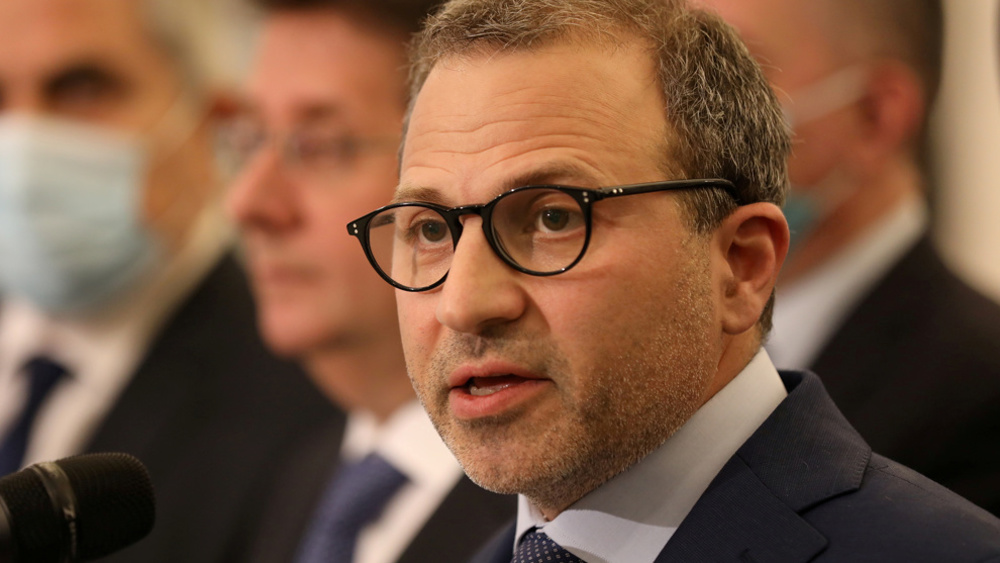
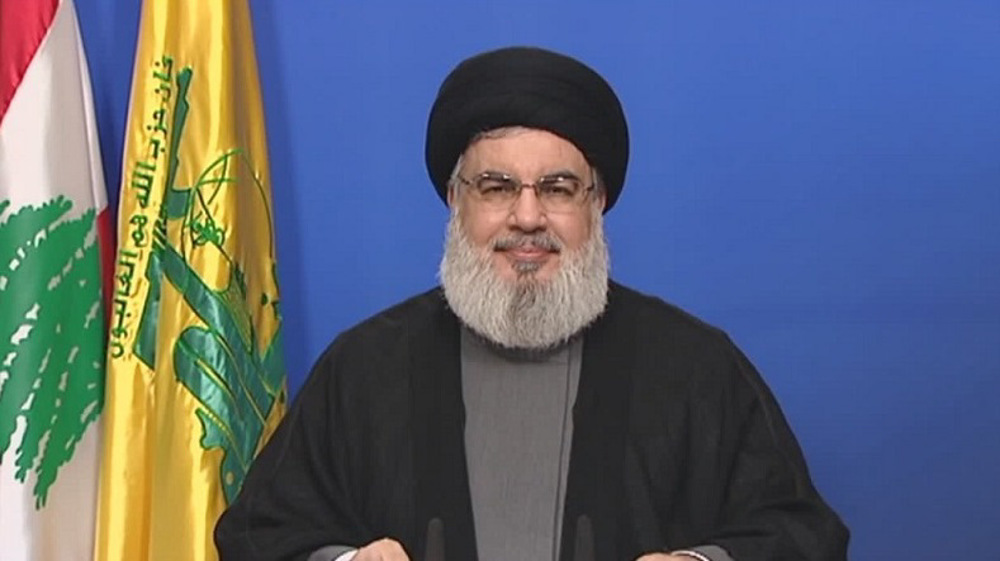
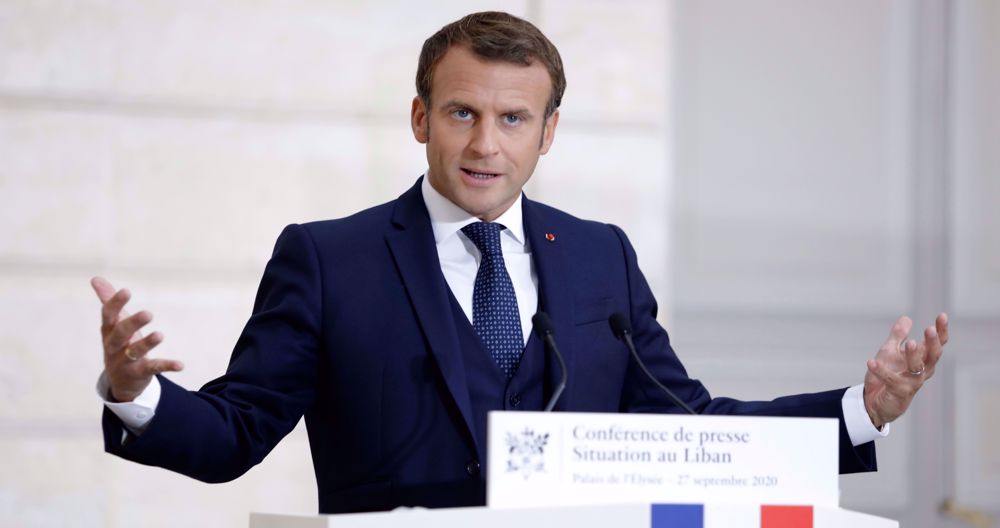

 This makes it easy to access the Press TV website
This makes it easy to access the Press TV website